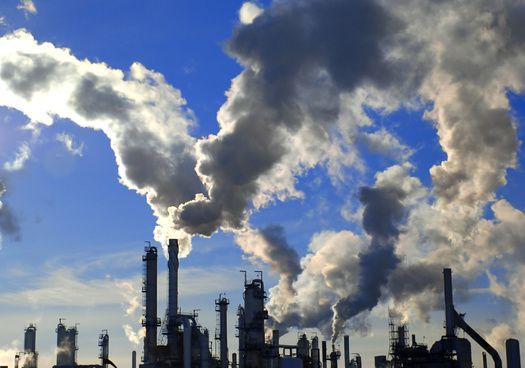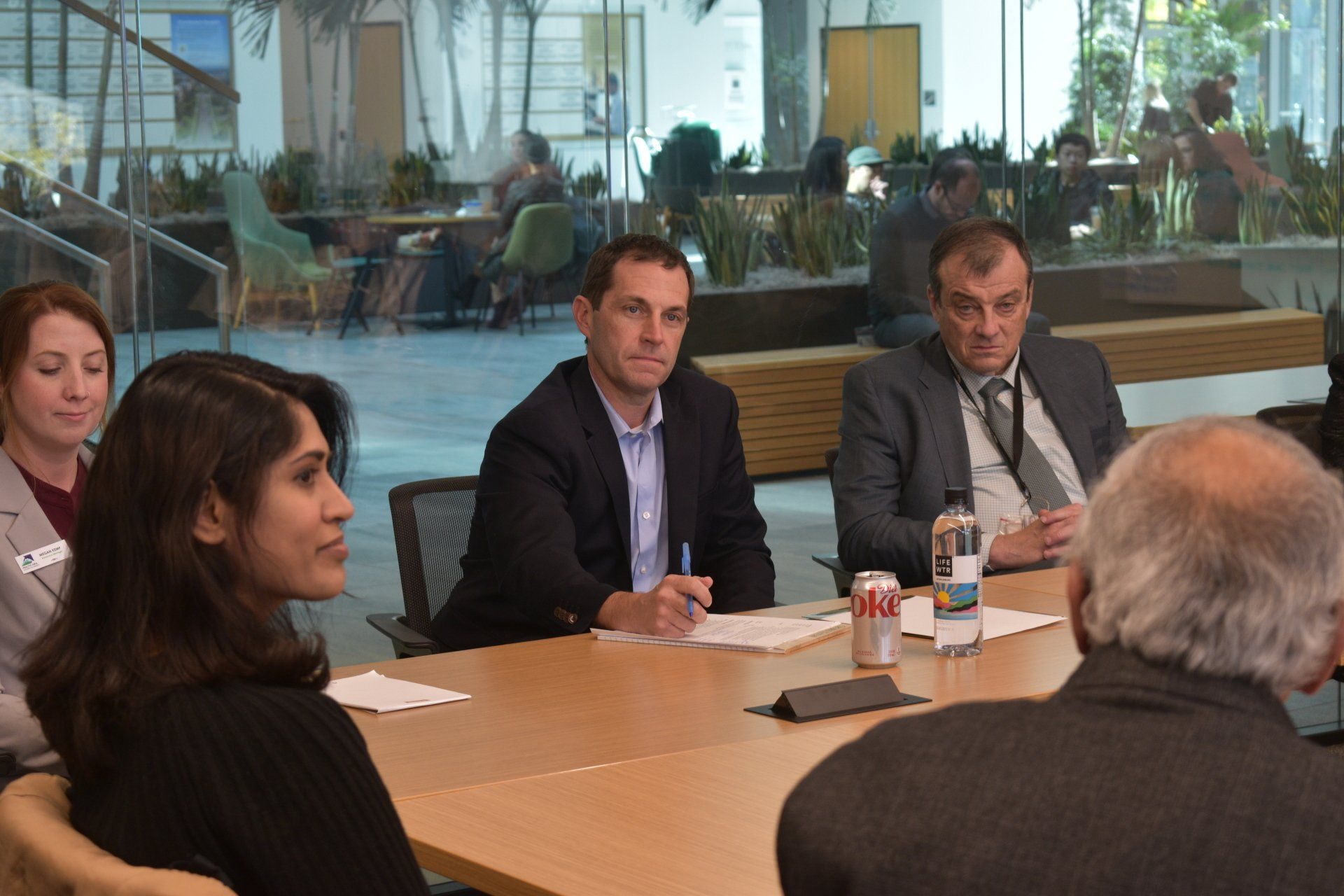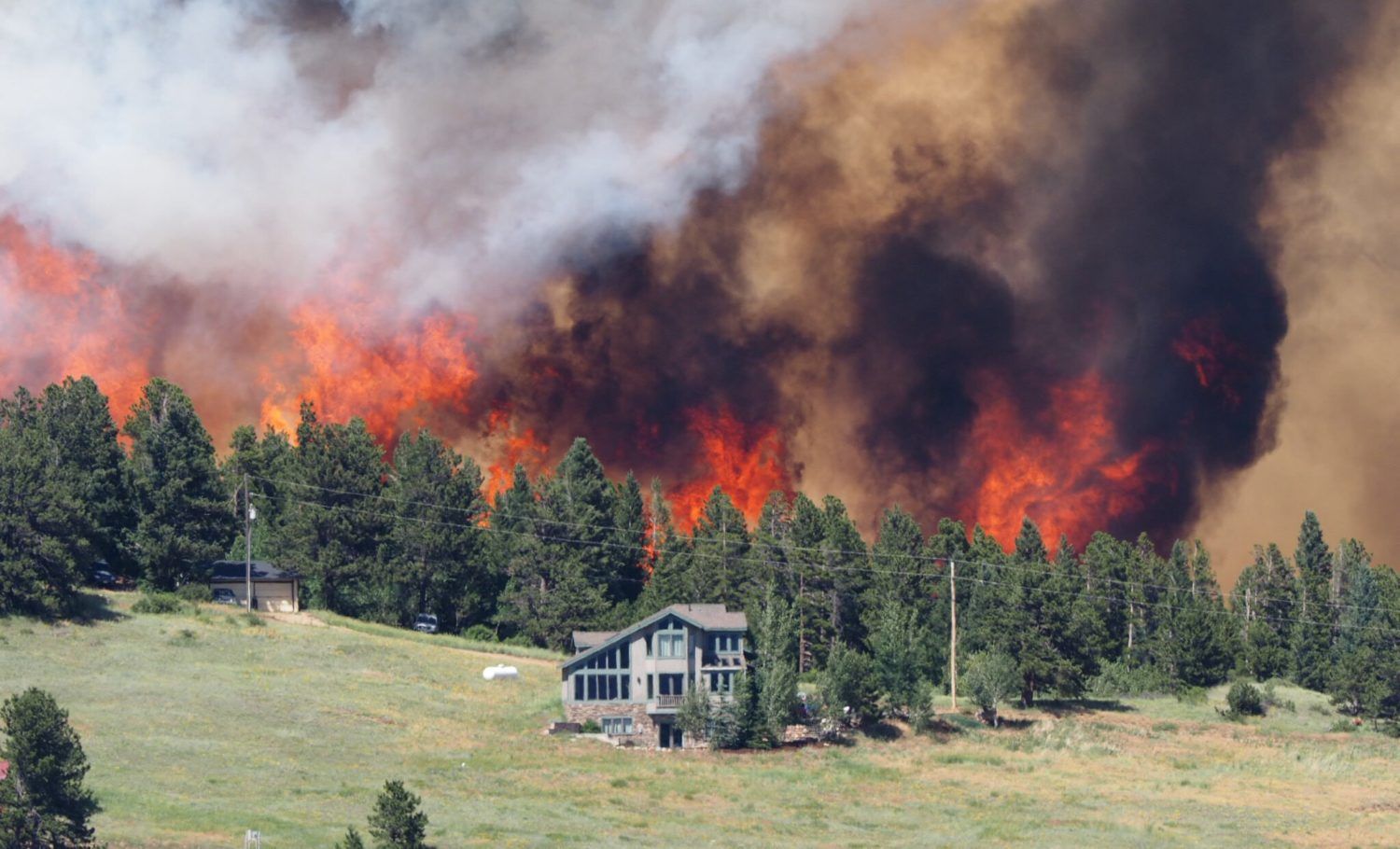2021 Legislative Session Victories | Climate & Health
The 2021 Colorado Legislative Session has officially come to an end. This past session, we made significant progress on mitigating the worst health impacts of climate change.
From reducing greenhouse gases, to ensuring our communities have the resources to be resilient in the face of increasingly more severe and frequent climate-related disasters, climate progress was made. Read more about the bills HAWC supported, all of which have passed and are awaiting a signature by the Governor.
HB21-1208, Natural Disaster Mitigation Grant Program:
Today, half of Colorado’s nearly 6 million residents live in the wildland-urban interface where natural disasters are more likely to occur and cause more harm to human life and community health from wildfires, floods, drought, mudslides and tornadoes. Even with aggressive steps to address climate change, this increase in frequency and severity is expected to get worse in future years. HAWC supported HB-1208 which would provide more resources for cash-strapped local governments to adequately mitigate against the risk of natural disasters by creating The Hazard Mitigation Enterprise Fund. The fund would be paid for by assessing a fee on certain insurance policies that deal with natural disasters, like: fire, earthquakes, crop destruction, flooding, etc. The fee assessed on insurance companies for a typical homeowner’s policy would average just $2 per year but will provide an estimated $5.14 million in its first full year to local governments to implement resilience and natural disaster mitigation measures.
HB21-1266, Environmental Justice Disproportionately Impacted Communities:
Despite the health harms of climate change becoming increasingly urgent, Colorado is not slated to meet our greenhouse gas (GHG) emission reductions goals. In 2019, the state legislature passed HB19-1261 which set strong GHG reduction targets, but in order to meet those goals we need to pass additional legislation to keep us on track. Earlier in the session, HAWC supported SB21-200, which would have given the Air Quality Control Commission (AQCC) more regulatory authority to ensure we meet our emissions goals. But after a veto threat by Governor Jared Polis, we have worked with partners and legislative leaders to support a compromise bill, HB21-1266. This bill is a step in the right direction - it is the latest and final iteration of a bill aimed at centering communities that have unjustly faced pollution and the resulting health consequences. The bill also sets strong emissions reductions enforcement measures for the electric sector, oil & gas sector, and industrial sector. HAWC will continue fighting for stronger emissions reductions in the transportation sector and built environment sector in future legislative sessions.
HB21-1189, Regulating Air Toxins:
This bill will require that refineries who emit health threatening air toxins - hydrogen sulfide, benzene, and hydrogen cyanide - conduct real-time fence line monitoring and that the Colorado Department of Public Health conduct real-time community monitoring. Fenceline monitoring will ensure more accurate and up-to-date information on hazardous chemical emissions, as well as provide quicker responses to catastrophic emission-related events or facility failures. Community monitoring ensures that we are able to collect emissions data not only at fence lines of facilities, but at parks, schools, and homes so that we can better assess the health risks for the community. The collected data will be made publicly available in real-time to ensure accountability and transparency.
SB21-246, Electric Utility Promote Beneficial Electrification:
The air we breathe in our homes is as critical to our health as the air we breathe outside. Yet thousands of homes rely on burning fossil fuels -- in the form of natural gas or propane -- to heat water, warm rooms and cook food. Our standard appliances release nitrogen oxide and carbon monoxide into our homes when we burn gas, causing a range of negative health effects, especially for children: increased rates of asthma, impaired brain function, and respiratory illness among others. Emissions from unvented or poorly vented gas cooking stoves affect air inside the home, while pollutants from furnaces and water heaters vented through flue pipes and chimneys add to the mix of outdoor air contaminants. Often our neighbors least able to afford alternatives for their homes are the hardest hit by the health impacts their poorly ventilated, outdated appliances cause. This legislation mandates that investor-owned utilities create Beneficial Electrification plans, submitted and approved by the Public Utilities Commission (PUC), that will help homeowners transition to healthier electric-powered appliances through consumer incentives with an emphasis on ensuring accessibility to low income households.


Press Release: Colorado Takes Important Step in Cutting Methane Pollution, But More Action is Needed








